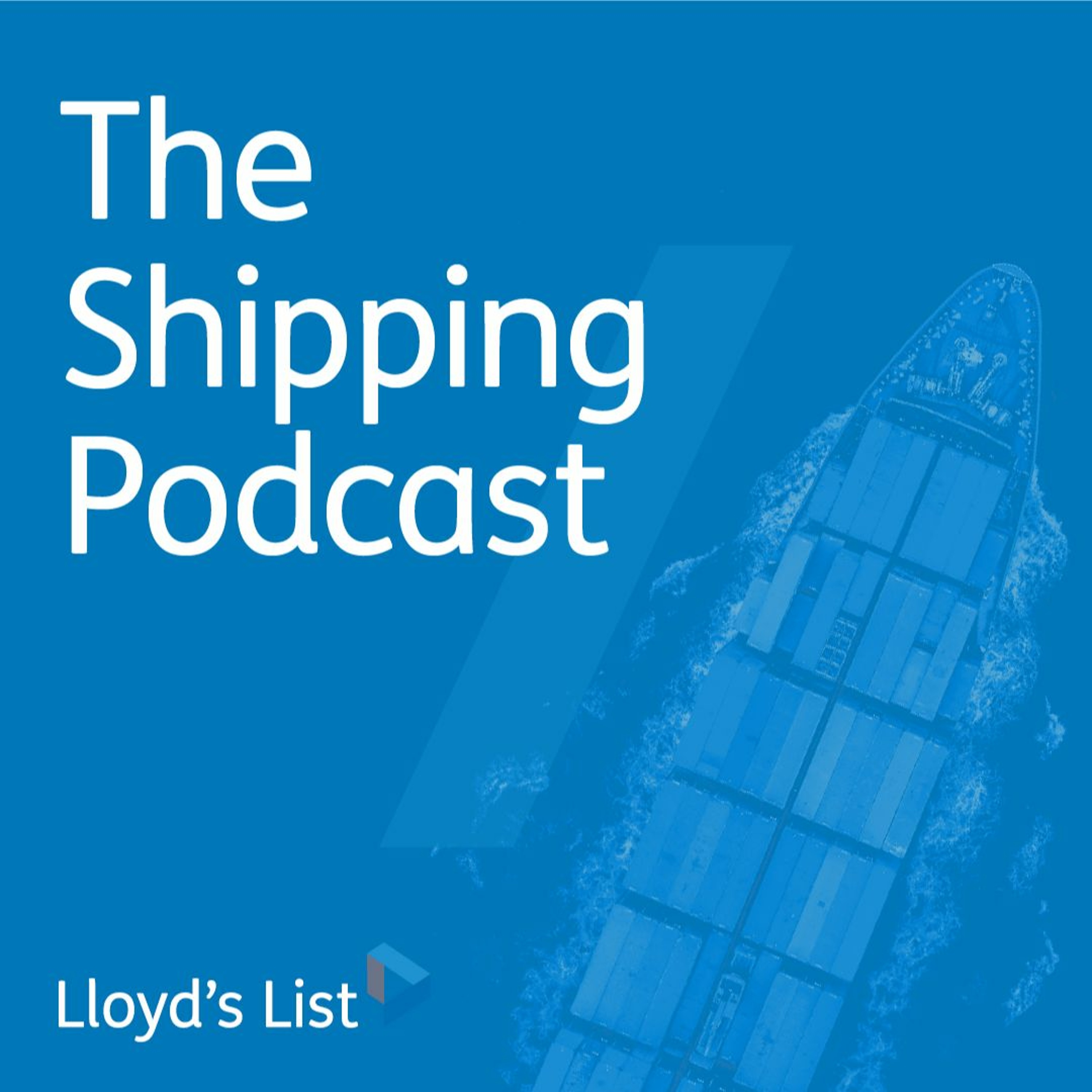
The Lloyd’s List Podcast: Why training the next generation requires next-generation training
Lloyd's List: The Shipping Podcast
Shownotes Transcript
This edition of the podcast is sponsored by Wärtsilä Voyage
It has proved hard to take seafarer training away from the classroom. Although e-learning has been with us for more than 20 years, still seafarers have been making their way by land, sea, or air to a training academy to receive teaching in the age-old way.
Maritime training was falling behind even before Covid-19. The pandemic forced a change of thinking as classrooms were closed, technology came to the fore, and reskilling for the future of shipping rose up the agenda.
The key requirements of safety, competence, and environmental awareness remain, but the way in which they are accessed — by whom, where, when, and how — is evolving.
In February this year, two companies with similar visions for maritime training, yet who came at it from different directions, formed a strategic partnership to provide shipping companies, training institutes, manning agencies, and seafarers with a learning platform that brings all stakeholders into one ecosystem.
The companies involved are Wärtsilä Voyage, which is busy creating a Smart Marine Ecosystem, and Ocean Technologies Group, equally busy empowering seafarers for a changing industry. Now, only six months after the partnership was formed, Wärtsilä Voyage’s Cloud Simulation capability has been made available on OTG’s Ocean Learning Platform.
What does this mean for the seafarer? How will shipping companies benefit? Won’t easier access to cloud simulation shake the foundations of training institutes?
In this fascinating podcast, Neil Bennett, Business Development Director for Global Simulation at Wärtsilä Voyage, and James Lee, Digital Learning Solutions manager, also at Wärtsilä Voyage, look at the changing landscape of maritime training, and discuss the concept of ‘learning in the flow of work’.
They unpack the opportunities provide by simulation and show how adaptive learning puts training back into the hands of seafarers.
They conclude that training the next generation of mariners will require next-generation training, which can play a significant role in enabling shipping to reach its decarbonisation goals.
Join the conversation about the future of maritime training here.